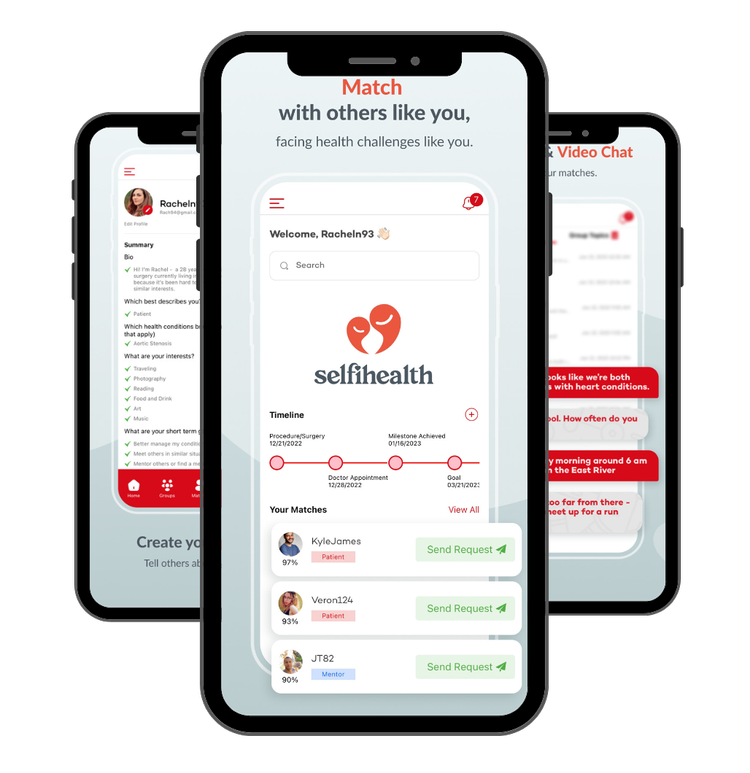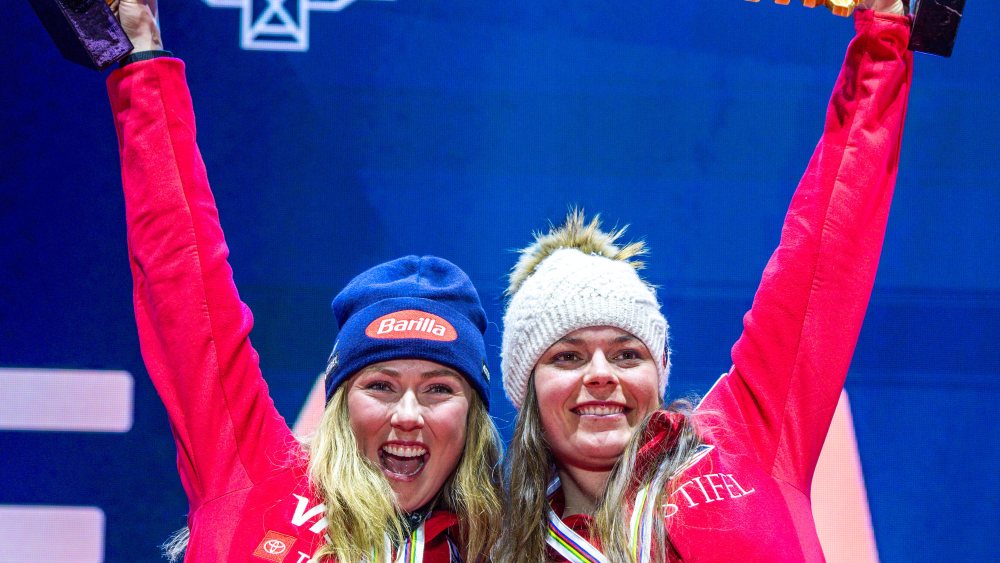It wasn’t a simple journey that brought Zach Gotlib to create SelfiHealth.
Gotlib was born with a congenital heart defect, a diagnosis that would change his entire life. At 12 years old, he was told he’d have to have open heart surgery. Although he didn’t have to undergo the procedure at the time, everything changed from there.
“I couldn’t do gym class anymore, couldn’t participate in recess. My world was over very quickly,” he said. “Then when I was 20 I did have open heart surgery.”
From then on, it seemed Gotlib was on the road to recovery. He moved to New York City for law school. He volunteered for the American Heart Association and was eventually named their survivor of the year in 2017, during which he was able to speak about his journey.
Related Articles
“I would have people coming up to me afterward saying things like, ‘I wished my brother, sister, cousin could have heard you speak.’ And I kept on saying, ‘What year are we living in? Why can’t they?’” Gotlib said.
He realized how lucky he’d been, as he’d joined a young professionals group in New York City for those with similar experiences. He realized this was a luxury not widely accessible outside of New York City. With an urge to do something more for those with health challenges, he began running marathons to raise money for the American Heart Association.
“No good deed goes unpunished because I ended up tearing my hip and I’ve had two hip surgeries and I’ve been in chronic pain for the last six years,” Gotlib said. “The blessing in all this is it brought me back full circle to how I felt being told I needed immediate open heart surgery. I was just lost, afraid, confused.”
This led him down a rabbit hole of Facebook groups and Reddit pages, anywhere he could find peer support as he faced additional surgeries.
“I hated the experience because they were all structured as discussion boards, so I could post but I had no control over who responded. I didn’t feel comfortable sharing the realities of my health concerns with 5,000 people I didn’t know,” said Gotlib. “Then, when I did post, I had people three times my age telling me about their cats and dogs and their political beliefs. I wanted to find meaningful peer health support.”

It was then that Gotlib tapped his best friend and now SelfiHealth cofounder Jared Firestone to brainstorm potential ideas. Firestone himself survived a mini stroke his freshman year of law school, after which he was told he could never compete or play sports again. He is now a World Cup athlete for Israel’s bobsled and skeleton team.
“We put our heads together and we were just twentysomething-year-olds living in New York City at the time saying, ‘We can go on dating apps, 10 of them right now, put in all these filters and find someone that I have a lot in common with for the purpose of love,” Gotlib said, noting that’s how he met his wife. “But for health care, we’re basically grouped into these online forums based on condition, which makes it really challenging to form meaningful relationships.”
While Gotlib and Firestone were both seeking meaningful connections at the time, experts, including the U.S. surgeon general, have emphasized the importance of strong social relationships as loneliness has become more widespread. According to a report from the U.S. surgeon general advisory, “poor social relationships” resulted in a 29 and 32 percent increase of heart disease and stroke, respectively.
“That was the impetus,” said Gotlib. “Let’s develop a mobile app that operates like a dating app to match people based off health concerns and who they are as people so interests, goals, age, gender and location. If you know you have a lot in common with someone, you’re more likely to share about the realities of your condition. Then you’re more likely to help each other, hold each other accountable, both emotionally and physically.”
From there, SelfiHealth was officially born. The platform launched earlier this year in partnership with the American Heart Association. On the app, users input their information and are matched with individuals who they can request to message or video chat with, as well as groups that might be relevant to them, such as heart attack survivors under the age of 45.
“You can get one-on-one meaningful support combined with resources from trusted organizations,” said Gotlib.
Partnering with reputable organizations, like the American Heart Association, was key for Gotlib to ensure the groups and content on the app were meaningful and expert-backed.
“What we really want to do is create a trusted resource for people. Our way of doing that was partnering with nonprofits to create groups on our app.…The American Heart Association has provided resources so there’s fact sheets, survivor stories, YouTube videos,” Gotlib said, noting they also host live events together, such as heart-healthy cooking demos.
Now, SelfiHealth is partnering with additional organizations, including Triage Cancer and Mended Hearts, in an effort to expand the support the platform is able to offer. They also have several letters of intent from hospitals to leverage their technology — these organizations will support the brand’s revenue model, as the platform will be free for users. Furthermore, these organizations are key for SelfiHealth’s success, as they will be the ones marketing it to their members and patients.
“We wanted to prove it with cardiovascular disease. Obviously, that’s our niche and we had the relationship,” said Gotlib of the early launch. “But the unfortunate reality is more and more people are being diagnosed with cancer, Crohn’s, all sorts of chronic conditions, so once we prove it with heart disease, we can apply it on a broad spectrum to anything that’s a chronic condition.”
While the platform may be similar to and inspired by Tinder, Gotlib explained, “This isn’t Tinder. It’s not, ‘I’m gonna keep swiping a million times until I find love.’ What it is is to find meaningful support.”



